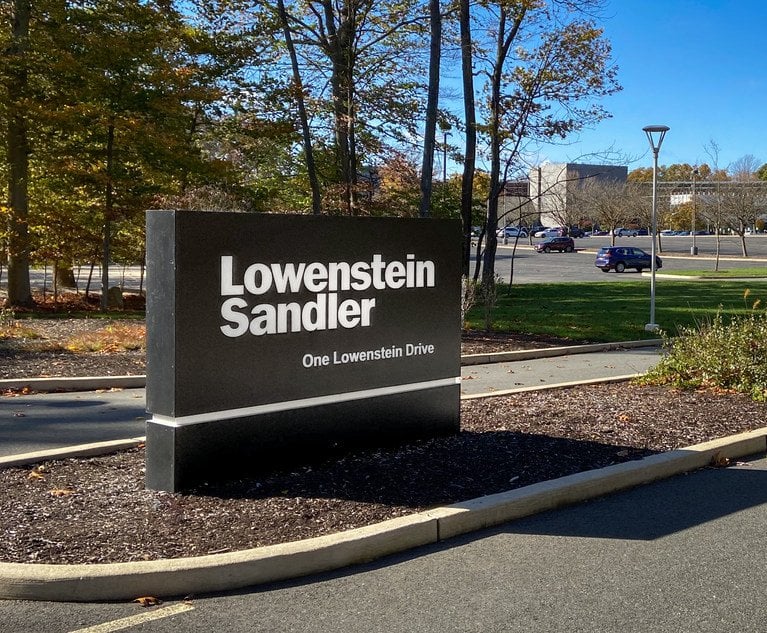Shareholder activism has evolved to be a prominent, and almost certainly permanent, feature of the corporate landscape. At the same time, the “success” of activists has been overstated—both in terms of board seats won at target companies (most of which have been gained by a handful of key activists and in a limited number of campaigns) and in terms of overall investment returns (which, but for a small number of activists, have been both volatile and lackluster). Notably, at the start of 2019, activism in the United States already exhibited the hallmarks of a mature market; there was a dearth of potential targets untouched by prior experience of activism; a handful of activists in campaigns at companies of scale dominated the space; and, in an effort to avoid activism, boards were increasingly focused on proactively addressing potential catalysts.
As we approach the end of 2019, the maturity of the activism market in the United States is reflected not only in overall activity levels, which are essentially unchanged relative to a year ago, but also in the infrequency of protracted public campaigns. New themes—including more aggressive tactics by activists, heightened scrutiny of workplace conduct and changing market conditions—may create opportunities for activists going forward; but potential challenges for activists abound, particularly in the event of a market downturn.







